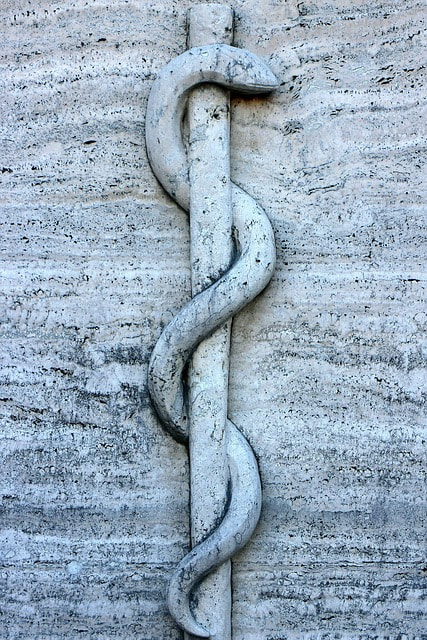|
The Doctrine of Necessaries is an old common law rule that a husband was responsible for the debts and expenses of his wife. Of course, that law is outdated and no longer valid, but North Carolina has retained a similar, gender-neutral law.
The doctrine of necessaries, as applied in North Carolina, means that a spouse is responsible for the other spouse’s medical bills, during their lives and after death. Necessaries also includes shelter like nursing home care. Normally, this becomes an issue during bankruptcy, when one spouse tries to discharge their medical bills only to find that the other spouse is personally responsible. It also comes up during probate as well. When the first spouse dies, the surviving spouse is personally responsible for medical bills of the deceased spouse. This is a departure from normal law, which is that the family of a decedent is NOT personally responsible for their debts--the deceased person’s estate is the entity responsible for paying these bills. If there is no money in the estate, the deceased’s loved ones are not responsible for paying those bills. Not so with the surviving spouse, who is personally on the hook for funeral and medical bills. Prenuptial agreements do not avoid the applicability of the doctrine because the medical providers are third parties who are not parties to the prenuptial contract. You cannot contract them out of getting paid. The only exception to the doctrine of necessaries is if the spouses were separated at the time the medical services were provided and the provider of medical services had actual notice of the separation during the time services were provided. For people in second marriages, it is possible to do some planning with irrevocable trusts. This also illustrates the importance of obtaining life insurance to cover unexpected final expenses and long-term care insurance to cover nursing home costs. If you or a loved one are in need of planning advice due to a spouse’s eventual medical expenses, please give Jesson & Rains a call.
2 Comments
3/28/2022 11:22:24 pm
It was fascinating to know that the deceased individual’s estate is the entity liable for paying the medical bills. My friend told me that her family is having a hard time managing their deceased loved one's estate. I think they should assistance from an attorney that specializes in managing deceased estates.
Reply
Kelly Jesson
3/31/2022 05:14:55 pm
Victoria,
Reply
Your comment will be posted after it is approved.
Leave a Reply. |
Subscribe to our newsletter.AuthorKelly Rains Jesson Categories
All
Archives
July 2024
|
|
SERVICES |
SUPPORT |
©Jesson & Rains, PLLC ALL RIGHTS RESERVED.


 RSS Feed
RSS Feed

